Podcasts have become increasingly popular in recent years, and it seems like everyone and their mom has a podcast these days. From comedy to true crime to politics, there’s a podcast for everyone. But not everyone is thrilled about the podcast boom. Critics worry that podcasts are further ruining society by giving anyone a platform to share their thoughts, regardless of their expertise or qualifications.
However, let us shift our attention towards the optimistic side for a moment. One great thing about podcasts is their accessibility. With the rise of smartphones and other mobile devices, anyone with an internet connection can create and share their own podcast. This has allowed for a diverse range of voices to be heard, which is especially important in areas where mainstream media can be dominated by a few powerful voices.
In Nigeria, for instance, podcasts have become an important platform for critical dialogue about politics, social justice, entertainment, and culture. They provide a valuable space for discussions on important issues that may not receive adequate coverage in mainstream media outlets. However, the accessibility of podcasts raises concerns about the quality and credibility of the content. Some worry that podcasts allow anyone to share their opinions publicly, even if they lack the expertise or qualifications to do so. This has led to instances of people spreading harmful beliefs and baseless claims, which can have a negative impact on society.
In addition, the popularity of podcasts has led to concerns about the monetization of content. While many podcasters are able to make a living through sponsorships, advertising, and merchandise sales, some worry that podcasts may become too focused on making money at the expense of quality content and meaningful discussion. This can be especially problematic in Nigeria, where there’s a growing trend of podcasters using sensationalist headlines and clickbait tactics to gain listeners. While this may drive up numbers in the short term, it can ultimately be detrimental to the industry.
Despite these concerns, there are many benefits to podcasts. They provide a platform for individuals to share their voices and opinions independently, without the constraints of traditional media outlets. This can be especially valuable in areas where access to mainstream media may be limited for some individuals or groups. Podcasts provide a space for discussions on important topics that may not receive adequate coverage in traditional media outlets.
Furthermore, podcasts can be a viable avenue for individuals to make a name for themselves and become recognized as experts in their fields. Many podcasters in Nigeria have been able to monetize their content through sponsorships, advertising, and merchandise sales. Additionally, some podcasters have been able to build a following and establish themselves as experts in their fields, which can lead to opportunities for speaking engagements, collaborations, and other forms of professional recognition.
However, if we want podcasts in Nigeria to continue to grow and thrive, we need to allow for more freedom of expression and experimentation. We can’t police the content too much at this point, especially when many of the current offerings are tailored to a niche audience. We need to be willing to entertain a large quantity of lousy podcasts in order to eventually get to the great ones.
Podcasters face quite a few challenges in Nigeria like limited access to funding and resources which can make it difficult to produce high-quality content and build a sustainable audience. There is also a crowded market makes it difficult for new podcasters to gain traction and build a following. Also, many podcasters struggle to earn a sustainable income from their work. This can make it difficult to invest in high-quality production values and sustain long-term growth.
Building a quality podcast takes time and consistency, as we’ve seen with some of the biggest ones in Nigeria, like Loose Talk Podcast and I Said What I Said. Loose Talk Podcast, for instance, released over 100 episodes in its first three years, and their content improved with each episode.
Some unique Nigerian podcasts exploring unique themes are:
4th Republic
This political podcast, which maintains a non-partisan stance, aims to provide context and documentation of political events in Nigeria that have occurred since 1999. It also profiles and interviews aspirants contesting for political positions, as well as provides audio briefings of its weekly political newsletter.
The Dirty Lie Podcast
A history podcast that mixes extensive historical research, dry humor, and ‘two facts and lie’ to set the tone for episodes that examine moments in history that are stranger than fiction.
It Happened In Nigeria
Voix Collective presents a narrative storytelling podcast that portrays Nigerian stories that have had a significant impact on individuals, as recounted by the individuals themselves. The podcast utilizes sound design to provide an engaging and immersive experience for listeners, effectively transporting them into the storyteller’s world.
A Music In Time
A podcast on music that analyzes Nigerian music albums that have made a significant impact and documents the experiences of Nigerian artists. It delves into the factors that make the albums outstanding and provides insights from the artists about their songs, giving listeners a better understanding of the music.
Nigerian American
This podcast spotlights captivating stories and first-hand encounters of global migrants who are of Nigerian origin. It takes a storytelling route to explore a range of topics about identity, culture, business, politics, music, etc. in a very unique way.
The Open Africa Podcast
This podcast features three knowledgeable hosts engaging in candid discussions about finance, technology, and start-ups in Africa. With a perfect blend of humor and insight, the hosts offer a comprehensive analysis of the fintech landscape.
Loose Talk Podcast
This podcast, hosted by Nigerian media personalities, Osagie Alonge, Steve Dede, and Ayomide Tayo, offers a candid and irreverent take on pop culture, music, and politics. The podcast has gained a large following in Nigeria and has been credited with helping to shape public opinion on various issues.
I Said What I Said
This podcast, hosted by Nigerian media personalities, Jola Ayeye and Feyikemi Abudu, offers a frank and insightful perspective on contemporary issues affecting young people in Nigeria. The podcast has gained a significant following for its engaging and relatable content.
In conclusion, while there are valid criticisms of podcasts, their potential benefits cannot be ignored. They provide a platform for a diverse range of voices to be heard and offer a space for discussions on important topics that may not receive adequate coverage in mainstream media.
As podcasting continues to gain popularity, it’s essential to maintain its original mission of democratizing media by providing a platform for diverse voices to be heard. Podcasters must exercise responsibility and care to ensure that their content is accurate, credible, and informative. By doing so, they can help foster meaningful conversations and debates and contribute to a more informed, engaged, and connected society.

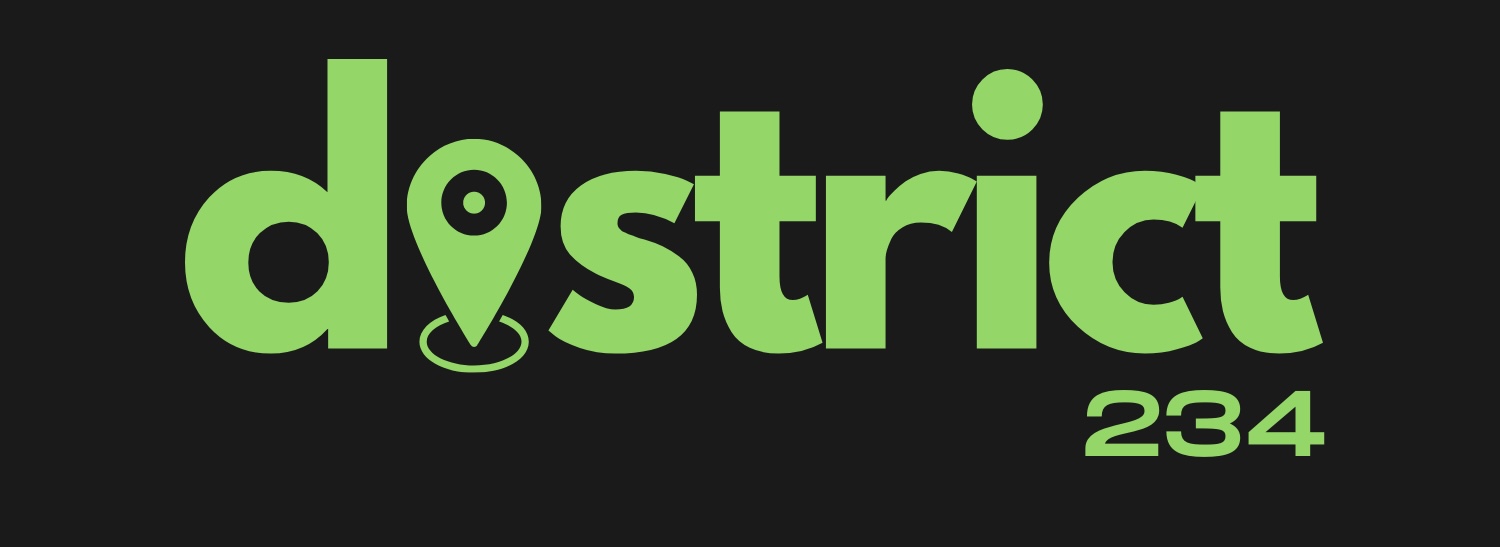



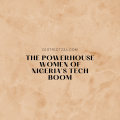

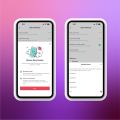

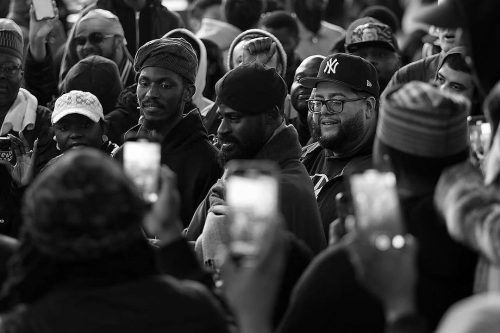
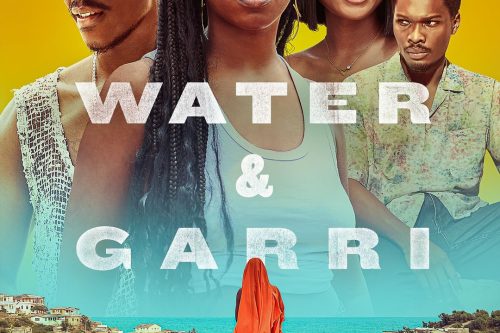
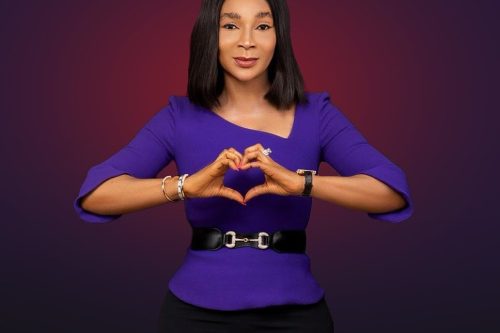
Leave a Reply